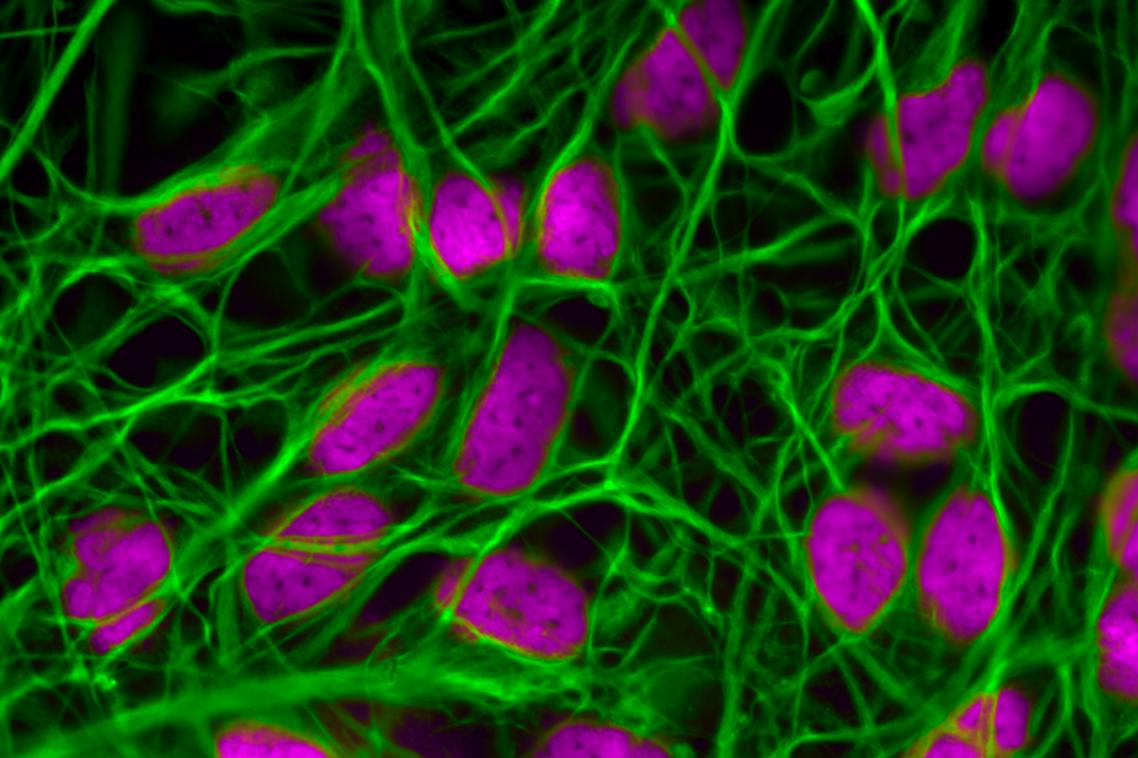US Defense supports UQ breast cancer research

The US Department of Defense (DoD) has committed more than A$1.3 million from its Breast Cancer Research Program to a Queensland study tackling the spread of tumours to the brain.
The University of Queensland will conduct the three-year project, the only project outside North America awarded funding under the DoD’s Breast Cancer Breakthrough Scheme (Award #W81XWH-17-1-0064 & 17-1-0065).
The study builds on previous findings from Professors Greg Monteith (UQ School of Pharmacy and Mater Research Institute) and Sarah Roberts-Thomson (UQ School of Pharmacy) and Professor Sunil Lakhani and Dr Jodi Saunus from the UQ Centre for Clinical Research (UQCCR).
This research suggests the movement of calcium in cells goes awry in both primary breast cancers and in metastatic tumours in the brain.
“Breast cancer metastasis to the brain is inevitably fatal with patients typically surviving four to eighteen months from diagnosis,” Professor Lakhani said.
“It is clear we need to be more innovative in our approach to treating these brain tumours, because they resist multiple lines of therapy.
“An idea gaining support in the biomedical community is to simultaneously target tumour cells and the features of the normal tissues surrounding them – the ‘tumour microenvironment’.”
Professor Monteith said cells use calcium to control a variety of processes.
“Understanding how these processes are altered in breast cancer could lead to new ways to reduce the chance of the disease spreading, and arrest the growth of tumours once they are detected in the brain,” Professor Monteith said.
“The project will utilise safe, existing drugs targeting calcium channels already in clinical use for cardiovascular disease and chronic pain.
“Our study has been designed to provide preclinical data needed for patient trials or drug development programs after 2019.”
Dr Saunus said, as research has traditionally focused on developing drugs that target tumours, far less is known about which aspects of the microenvironment could be safely targeted at the same time.
“Looking further ahead, this approach could also be adapted for treatment of lethal brain metastases originating from other cancer types, such as lung cancer and melanoma,” Dr Saunus said.
Media: Dr Jodi Saunus, j.saunus@uq.edu.au; Kim Lyell, k.lyell@uq.edu.au, 0427 530647.
Related articles

New data reveals how Australia’s threatened reptiles and frogs are disappearing – and what we have to do

Sunlight-powered breakthrough turns methane into valuable ethylene
Media contact
UQ Communications
communications@uq.edu.au
+61 429 056 139
